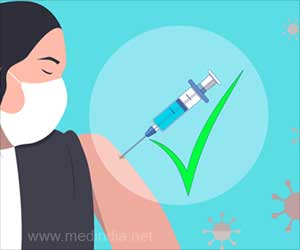The B.1.1.529 variant was first reported to WHO from South Africa on November 24, 2021. The epidemiological situation in South Africa has been characterized by three distinct peaks in reported cases, the latest of which was predominantly the Delta variant. The first known confirmed B.1.1.529 infection was from a specimen collected on November 9, 2021.
The WHO has asked the countries to enhance surveillance and sequencing efforts to better understand circulating SARS-CoV-2 variants and submit complete genome sequences and associated metadata to a publicly available database. The WHO has reminded to take measures to reduce their risk of Covid-19, including proven public health and social measures such as wearing well-fitting masks, hand hygiene, physical distancing, improving ventilation of indoor spaces, avoiding crowded spaces, and getting vaccinated.
The WHO said that this variant has a large number of mutations, some of which are of concern.
Preliminary evidence suggests an increased risk of re-infection with this variant, as compared to other VOCs. The number of cases of this variant appears to be increasing in almost all provinces in South Africa. Current SARS-CoV-2 PCR diagnostics continue to detect this variant. Several labs have indicated that for one widely used PCR test, one of the three target genes is not detected and this test can therefore be used as marker for this variant, pending sequencing confirmation. Using this approach, this variant has been detected at faster rates than previous surges in infection, suggesting that this variant may have a growth advantage, said the WHO.
Source: IANS



